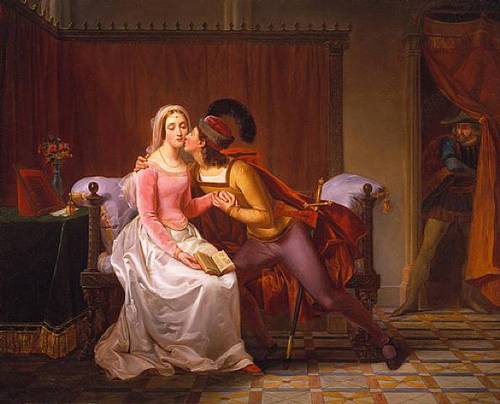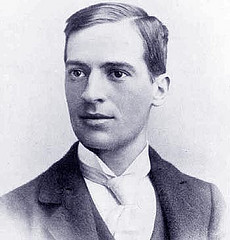In February 1852, the New York Tribune published an account by a Charles Seabury, master of the whaleship Monongahela, of a titanic struggle with a sea serpent in the South Pacific. The crew harpooned the 103-foot monster on Jan. 13 and killed it with lances the following morning:
None of the crew who witnessed that terrible scene will ever forget it; the evolutions of the body were rapid as lightning, seeming like the revolving of a thousand enormous black wheels. The tail and head would occasionally appear in the surging bloody foam, and a sound was heard, so dead, unearthly, and expressive of acute agony, that a thrill of horror ran through our veins.
The serpent was too large to get into port, so the crew resolved to save the skin, head, and bones. As they were dissecting the creature they encountered the brig Gipsy, to whom Seabury gave his story. “As soon as I get in I shall be enabled to furnish you a more detailed account.”
That’s the story. But neither Seabury, his serpent, nor his detailed account ever appeared, and the Gipsy later told the Philadelphia Bulletin that it had never met such a ship. By that time the original 2700-word account had run in Galignani’s Messenger, the Illustrated London News, the London Times, and Spenerishe Zeitung.
Zoologist editor Edward Newman concludes, “Very like a hoax, but well drawn up.” You can decide for yourself — the original account is here.



